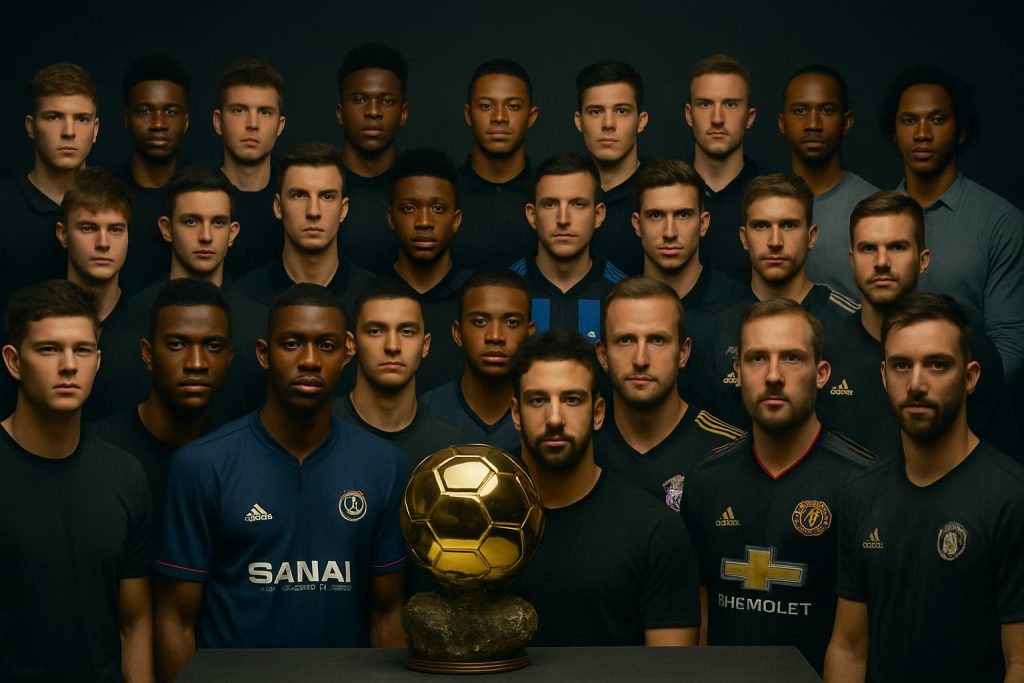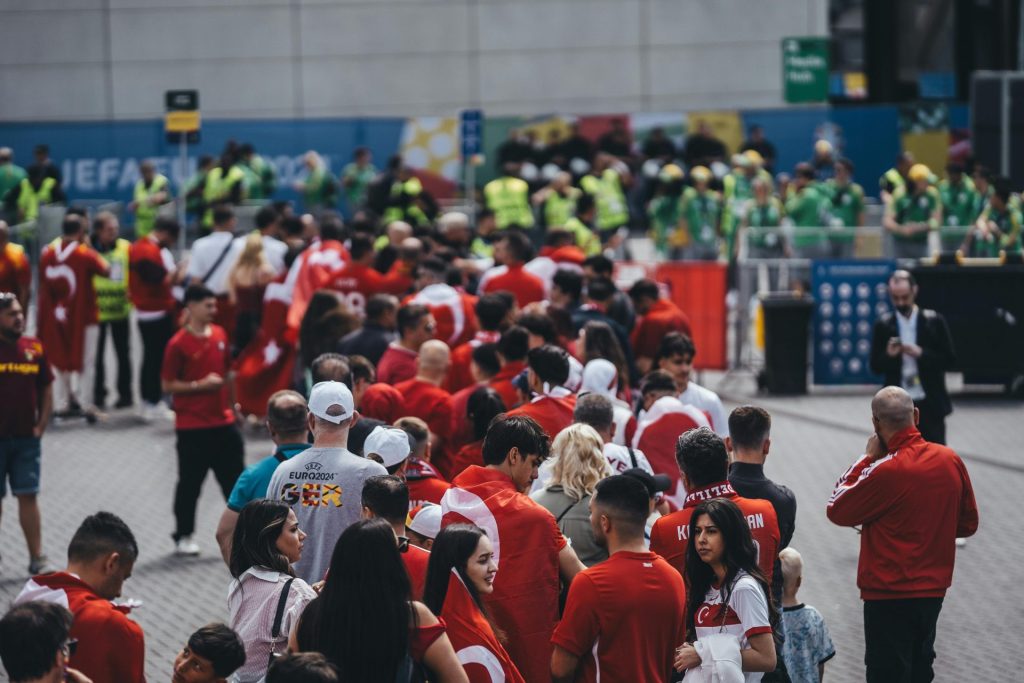The integration of artificial intelligence (AI) and technology into football has revolutionized how the game is played, analyzed, and experienced. These technological advancements have enhanced decision-making accuracy, improved player performance, and transformed the overall game experience for fans and participants alike.
One of the most prominent innovations is the Video Assistant Referee (VAR). VAR assists referees in making critical decisions by using video replay to review incidents such as goals, penalties, and red cards. Although this technology has significantly improved the accuracy of refereeing decisions, it has also faced criticism for the interruptions it causes to the game’s flow. Despite these drawbacks, VAR has contributed to greater fairness and justice in football by providing referees with an additional tool to better assess complex situations.
Another groundbreaking technology is Goal-Line Technology (GLT), introduced to resolve the long-standing controversy over whether the ball has crossed the goal line. GLT uses sensors and cameras to detect if the ball has completely passed the line. Within a fraction of a second, a signal is sent to the referee, eliminating nearly all debates about goals. This has led to greater transparency and trust in decisions, both on the field and among fans.
In addition to these direct game-influencing technologies, data-driven analysis and tactics have quietly but profoundly impacted football strategies. With AI, teams can collect and analyze vast amounts of data, ranging from individual player statistics to team tactics and opponent analysis. This allows coaches to identify weaknesses in the opposition and make strategic adjustments to optimize their own performance. Data analysis has refined team formations, player selection, and match preparation, making teams more competitive and better informed than ever before.
Player healthcare has also greatly benefited from technology. Wearables and sensors monitor players’ physical condition in real time, recording their heart rate, movement patterns, and exertion levels. This not only helps optimize training and prevent injuries but also provides valuable information for recovery strategies. AI plays a key role in analyzing the collected data and identifying patterns that might indicate fatigue or an increased risk of injury.
AI and technology have also found their way into scouting and recruiting players. Traditional scouting methods, which relied heavily on human judgment, are now supplemented by algorithms that can assess and compare player performance based on extensive datasets. This allows clubs to identify and recruit potential talents in a much more detailed and objective manner than previously possible.
Fan engagement has also been significantly influenced by AI and technology. From interactive applications offering live statistics and analyses to AI-driven platforms delivering personalized content, fan interaction with the game has become more dynamic and enriched. Virtual reality (VR) and augmented reality (AR) provide immersive experiences, allowing fans to experience matches as if they were in the stadium, regardless of their physical location.
However, these technological advancements also bring challenges. There is ongoing debate about the balance between technology and the human element in football, with concerns about how far AI and technology should go before they disrupt the essence of the game. Additionally, questions about data privacy arise, especially concerning the collection and analysis of players’ personal health data.
Overall, the integration of AI and technology into football has transformed the sport in ways that were unimaginable a few years ago. As technology continues to evolve, its impact on football will likely grow, opening up new possibilities for enhanced performance, fairness, and engagement, while presenting challenges and ethical questions that need careful management.
- The 2025 Ballon d’Or: A New Era of Football Greatness - October 3, 2025
- Ballon d’Or 2025: Meet the 30 Men’s Nominees - August 7, 2025
- World Cup Qualifiers Explained – How Each Continent Competes for a Spot at the World Cup - June 10, 2025



